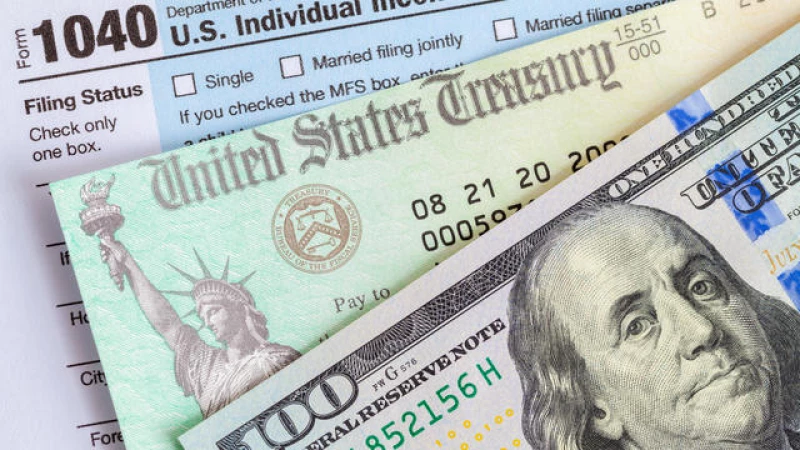IRS Delays Implementation of Form 1099-K Reporting Threshold
The Internal Revenue Service (IRS) announced on Tuesday that it is once again delaying the implementation of a 2021 law that requires payment platforms such as Venmo, Paypal, or Cash App to send tax forms called 1099-Ks to anyone who received more than $600 in the current tax year.
This marks the second consecutive year that the IRS has postponed the enforcement of the new regulation. Initially scheduled for 2022, the IRS pushed back the implementation to 2023. Now, the IRS has decided to further delay the regulation for another year "to reduce taxpayer confusion" after taking into account feedback from taxpayers, tax professionals, and payment processors.
If the delay had not been implemented, an estimated 44 million 1099-K forms would have been sent to millions of taxpayers for the current tax year, even though they may not have owed taxes on the payments and would not have anticipated receiving such a form, according to the IRS.
Online Sellers Face Opposition
Opposition has arisen from online sellers in response to a new plan. Republican lawmakers have criticized the proposal, claiming it is an overreach by the government and could negatively impact those who rely on payment apps for reimbursing friends and family. However, there are certain sales that may still be subject to taxation, particularly if they involve small businesses selling goods or services for profit.
IRS Announces Delay in Tax Year 2023 Filing Deadline
The Internal Revenue Service (IRS) has announced a delay in the tax year 2023 filing deadline. The decision was made to prevent confusion and ensure smooth tax administration.
IRS Commissioner Danny Werfel stated, "Taking this phased-in approach is the right thing to do for the purposes of tax administration, and it prevents unnecessary confusion. It's clear that an additional delay for tax year 2023 will avoid problems for taxpayers, tax professionals, and others in this area."







